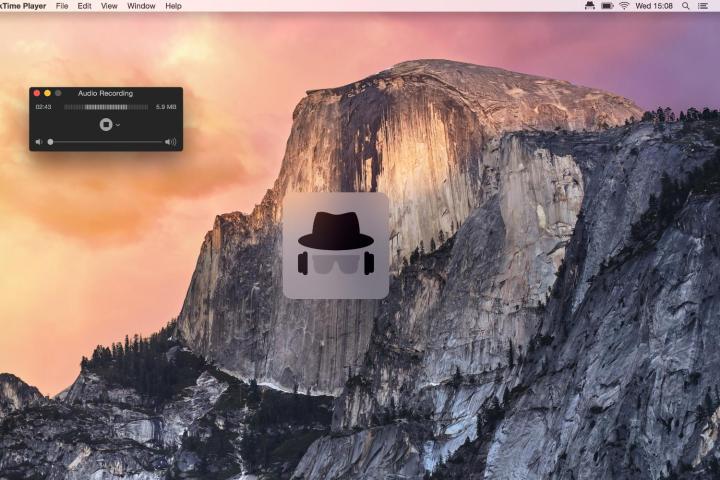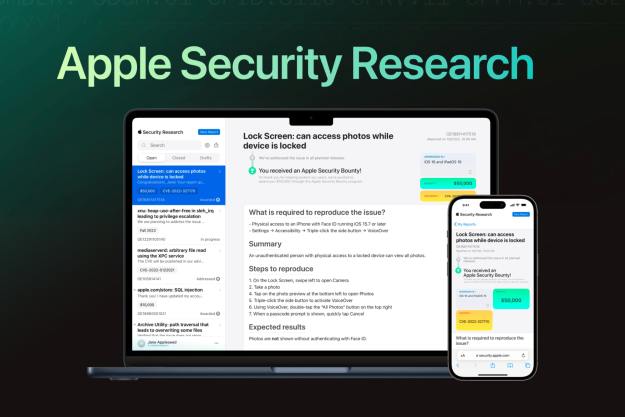
There was a time when it was only the information you knowingly shared with your computer than was liable to be stolen. Now, some of the most devious hackers have constructed programs that can hijack your system’s camera and microphone to run surveillance on you without your knowledge.
Micro Snitch sets out to give Mac users a potent defence against that practice. Typically, this sort of hack will include code that covers its tracks — disabling the light that lets you know your camera is recording, for instance. This new utility, put together by Objective Development, keeps you abreast of everything that your camera and microphone are recording.
An unobtrusive icon is placed in your Menu Bar, and will change if it detects your microphone or camera being used. Additionally, Micro Snitch logs all usage automatically, meaning that you can go back and check its records even if you’re not in front of the computer when you suspect the spying might have occurred.
All of this might sound like something of a paranoid fantasy, but the fact is that tools designed to hijack your microphone and camera are readily available — and, as such, it makes complete sense that the countermeasures should be just as easy to access. It’s often too late to do anything once hackers have struck, so a preventative option like this might be something well worth considering.
Micro Snitch is available directly from Objective Development and via the Mac App Store for $3.99. As of the time of writing, the company is running a half-off promotion on the software.
Editors' Recommendations
- How to tell if your webcam has been hacked
- 5 things you should never do with your MacBook
- MacBooks could finally get Face ID to boost your security
- This Mac malware can steal your credit card data in seconds
- This critical macOS flaw may leave your Mac defenseless


